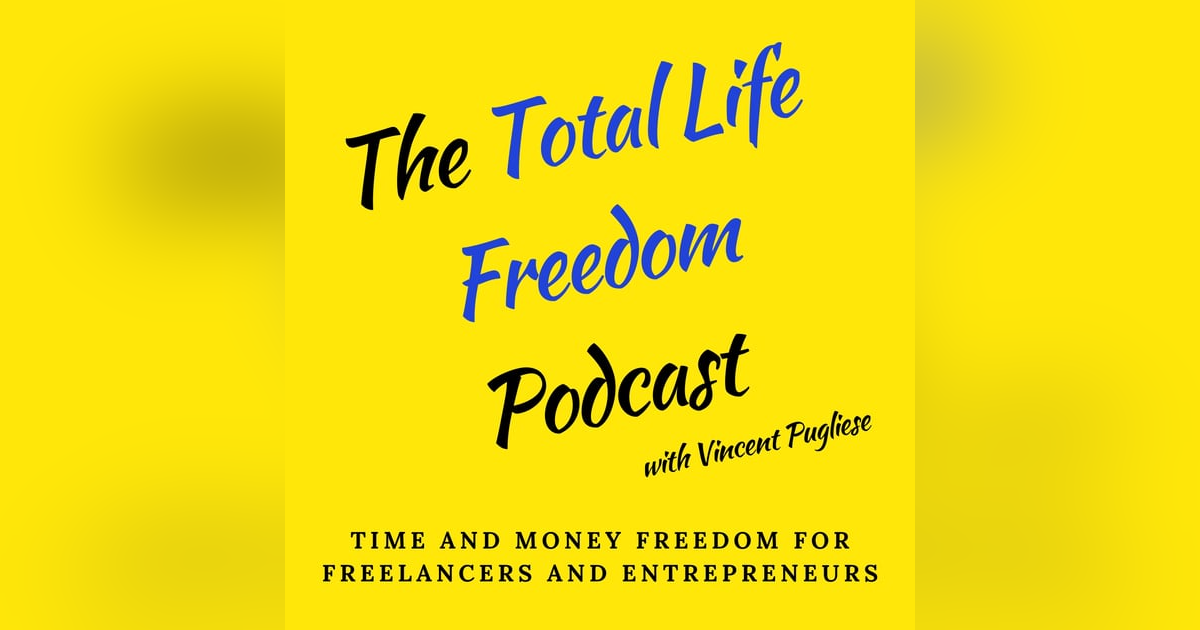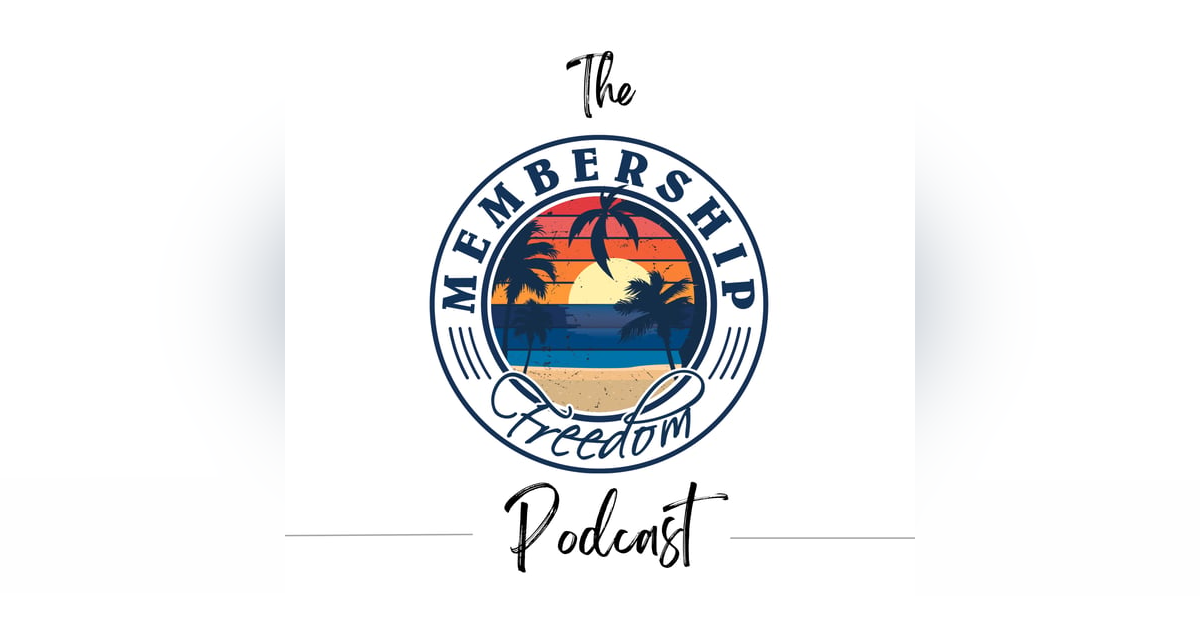It's Time To Double Down

I'm constantly rereading and restudying on this concept of the 80/20 rule. There are so many facts that come out of this that blow my mind and I don't understand why it's not discussed in school and I can't figure out why we don't talk about it more in everyday life. Maybe people just don't care or maybe they're lazy. But this one quote from the 80/20 Principle really stopped me in my tracks after I thought about it.
"If we double our time activities of the twenty percent, we can work a two day week and achieve sixty percent more than we do right now."
The funny thing is- it doesn't matter how efficient you are in the 80/20 rule, if you do these things, these results will happen. If you're good with the 80/20 rule, and you just focus on the twenty percent that brings in those eighty percent of the results, you will have achieved having way more time freedom as well as that financial freedom. So what I want you to come out of this week and this theme is knowing what that twenty percent is and what that looks like. Can you name what it is? The actions and the activities that will get you those eighty percent of the results, Richard Koch states in the book.
It's not the shortage of time that should worry us but the tendency for the majority of the time to be spent in low quality ways. That may have just hit you in the gut. It it hit me as well when I read it. A common scapegoat in this regard recently, and for a little while now, has been social media. It's widely said and known that we waste so much time on social media and we should get off of social media, but I really think it comes down to how we use it. And we talked about this in one of our masterminds about our use of phones and the backlash that comes with it.
I explained that I don't always see it the way that so many people see it. I am very wary of the alert of the phone. I'm addicted like so many others. And you're going to see some of the dangers and pitfalls of it. But if you're doing it the right way, you can gain a tremendous amount of freedom. Even if you are on your phone a little bit more than you'd like to be.
And I'll give you the example of when I launched this podcast a few years ago. Now I know so many people -and I see so many people- that launch podcasts. I also see them spending a tremendous amount of time on things that really don't matter. And I mean that in terms of the things that they're trying to do to get the word out about their podcast. They spend so much time on the logo, on the analytics, on the tech side of everything. Unfortunately, a great majority spend so much time and get so little out of it. But I knew personally from history that all I needed were personal connections with people that liked the podcast. People willing to listen to it and give it a try. And we were hoping for two things- leaving a review and sharing the show.
I didn't make it any more complicated than that. That's how it works. That's how it spreads. And that's where I put my time. And if you do that, the first group will be people that already know you, people that already like and trust you. These are people that you've been in touch with in your life, and they're excited to help you grow this. But instead, people are taught to push this out to the masses on every platform. You need to be everywhere they say, your social media graphics, all those things need to be perfect. And it's not true, but just like our book launch that was done the same way, I knew it was about the thousand true fans or the hundred true fans, or maybe it's even the fifteen true fans when you start.
But it's about them. It's not about everybody. And when you're a person that doesn't ask for a lot. You don't ask for a lot of help from people so when you do ask, they really want to help. It makes us feel good to help. And when we're well connected and we don't abuse that great things will happen. And I personally will hold off on as many asks as possible for as long as possible. So when I do need to make that ask, I want it to be something that really matters. And in this world of podcasting books, YouTube- those reviews matter more than a lot of people will tell you.
People will say it won't help you get found in the rankings. That's probably true, but what it does help with is social proof and optics because if I'm looking for a podcast or a book, and I see one that has one hundred and twenty reviews, and I see one that has nine, I'm trusting the one with one hundred and twenty reviews. And that comes from your closest raving fans first. I didn't spend very much time at all on the logo or all these other things that people found to be important.
I just spend time on the relationships that was my 20%. And so often it is. And here's the key with the second tier. If those people, your raving fans tell other people about it, if the product is that good, if the relationship is that good, now you get that natural, organic growth that everyone dreams of. And if that's the case, and that happens, the potential is there to hit critical mass. So in the very beginning, when people ask me, how did I get so many reviews for the podcast? Cause it's hard to get people to leave reviews.
It was a very simple process that I did not neglect. And I should probably right now take my own lessons a little bit more to heart. Because I don't think I'm doing enough right now or as well as I did in the beginning. But if somebody mentioned the podcast, if somebody left a comment or started a conversation about it, I asked them simply if they would leave a review and I told them how to do it. It was really as simple as that. And within two months, this podcast had more reviews than most podcasts have after years. It wasn't a giant marketing campaign. It wasn't stretching myself in all these different directions.
It was knowing what the 80/20 was in growing this and doubling down on it. And then I asked them one more question. If you know somebody that you think would like this, would you please share it with them? The process was so simple, but we often feel the need to over-complicate things, but it also goes back to networking, generosity and connection. I've mentioned often I do my hour of giving in there. I leave tons of reviews. I send thank you notes. I send out messages. And so much of that goodwill came back to help me because when it was finally my turn to do something and my turn to ask, those relationships had been built and they were really happy to help.
So do you see how simple and effective it is though? Do you see why this is so exciting? If you can get this down. So when you see people scrolling on their phone, don't automatically assume that they're wasting time with what they're doing. They might be doing it and doing it well and doing it very calculated and in a short amount of time devoted to what they might be getting massive results. So I want to leave you with that quote that I said from the beginning, just so it sits in your mind. And here it is. If we doubled our time on the top 20% of activities, we could work a two day week and achieved 60% more than we do right now.
If that doesn't make you double down on the 80/20 rule, I don't know what will. Tomorrow we find out how you can now master 80/20 rule.
Thanks so much for reading!
Vincent
P.S.- That you for reading this blog! If you are a listener of the podcast, I encourage you to go back to Season Two Episode One, which was published on January 1st of this year as we introduced the new format and the new concept to the show, we'll give you a feel for where we're going, what we're about, and the first theme that we created.








